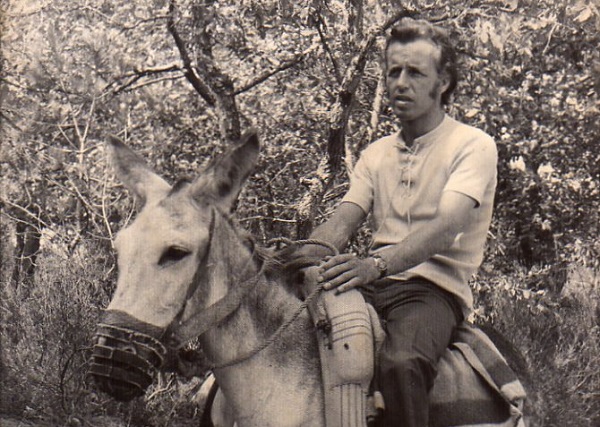HOPEFULLY you will be enjoying some summer sunshine by the time you are reading this article.
As temperatures rise, we often turn our thoughts to holidays.
The history of the holiday demonstrates how much expectations have changed. Although Yate was blessed with a railway station from as early as 1844, oral history research confirms that few locals enjoyed holidays as we understand them today.
Up until the First World War, the Yate area remained a farming community. Looking after animal stock precluded any thoughts of a week by the sea, even at nearby locations such as Weston-super-Mare.
Arguably, not going on a seaside holiday was ingrained in the farming culture.
David Gallop recalled going decades without a holiday of any kind: farming was a way of life, and holidays got in the way.
The day trip was one means of seeing the sea. The gateway to seaside adventures was the day trip to Weston.
The chapel or church outing enabled children and families to travel to Weston, whether by charabanc (mainly 1920s), bus or coach. Local buses, especially from outlying villages, were few and far between and therefore any trip was a major undertaking.
Yet holidays caught on, and soon local people started to venture further afield.
Trains to Weymouth, Torquay…and Severn Beach
In the immediate post-war period, increasing numbers of people travelled to far-flung destinations. Trains and buses enabled people to go to Weymouth, Torquay and Paignton for a week in a B&B. Local resorts also came into their own, for those unable or unwilling to go further. The train or even motorbike side car could take you to Weston or even Severn Beach.
Irene Barnard recalls a week’s holiday to Severn Beach in the 1940s. Green corrugated iron chalets resounded to the sound of heavy rain hitting the building, drowning out any conversation. The picture is completed by blocks of toilets and washbasins, offering only cold water.

The 1960s and 1970s ushered in the modern age. Newcomers to Yate came to expect a foreign holiday.
Jim Ruston, a TV installer based in Yate Shopping Centre, recalled the mind-numbing regularity of seeing a bull or señorita statuette above the TV in the new houses of South Yate.
If finances allow, the world has now become our oyster. Today, many fret about our carbon footprint and air miles, but holidays to Florida and the Mediterranean remain de rigueur for many. Yet the nature of the holiday has changed rapidly, and the history of our seaside holidays is far from over.
The Yate by the Sea exhibition is on at Yate Heritage Centre until June 15.
Yate Heritage Centre is part of Yate Town Council.
David Hardill
Top picture: Colin Groves on a donkey during the family’s trip to Spain in 1972. Picture: J Groves


